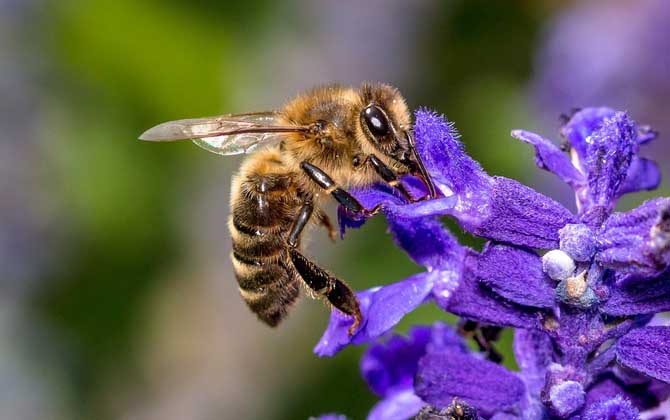
Are you curious about the lifespan of beekeepers? Well, it turns out that being a beekeeper may have some surprising benefits for your health and longevity. In this article, we will explore the fascinating connection between caring for bees and the potential impact it can have on your lifespan. So, whether you have an interest in beekeeping or simply want to learn something new, stay tuned to discover the secret to a longer, buzzworthy life.
Factors That Affect Beekeepers’ Lifespan
Beekeeping is a rewarding and fulfilling hobby or profession, allowing individuals to connect with nature and contribute to the conservation of honeybee populations. However, like any occupation, the lifespan of a beekeeper can be influenced by several factors, including diet and nutrition, exposure to pesticides and chemicals, stress and mental health, physical fitness and activity, beekeeping experience and knowledge, as well as genetic factors and age.
The Role of Diet and Nutrition
Importance of a Balanced Diet
As a beekeeper, maintaining a balanced and nutritious diet is critical for ensuring good health and longevity. A well-rounded diet provides the necessary nutrients, vitamins, and minerals that support the body’s vital functions and immune system. Incorporating a variety of fruits, vegetables, whole grains, lean proteins, and healthy fats into your meals will enhance your overall well-being and help combat potential health issues.
Effects of Poor Nutrition on Health
Neglecting proper nutrition can have detrimental effects on beekeepers’ health. A diet lacking in essential nutrients weakens the immune system, making individuals more susceptible to various illnesses and infections. Additionally, inadequate nutrition can lead to fatigue, low energy levels, and an increased risk of chronic conditions such as heart disease, diabetes, and obesity.
Recommended Diet for Beekeepers
To optimize wellbeing, beekeepers should focus on consuming a diet rich in fresh fruits and vegetables, which provide vital antioxidants and fiber. Including whole grains like quinoa, brown rice, and oats offers sustained energy levels, while lean proteins such as fish, poultry, and plant-based sources aid in muscle repair and development. Lastly, incorporating healthy fats from sources like avocado, nuts, and olive oil provides essential fatty acids for brain health and overall cellular function.
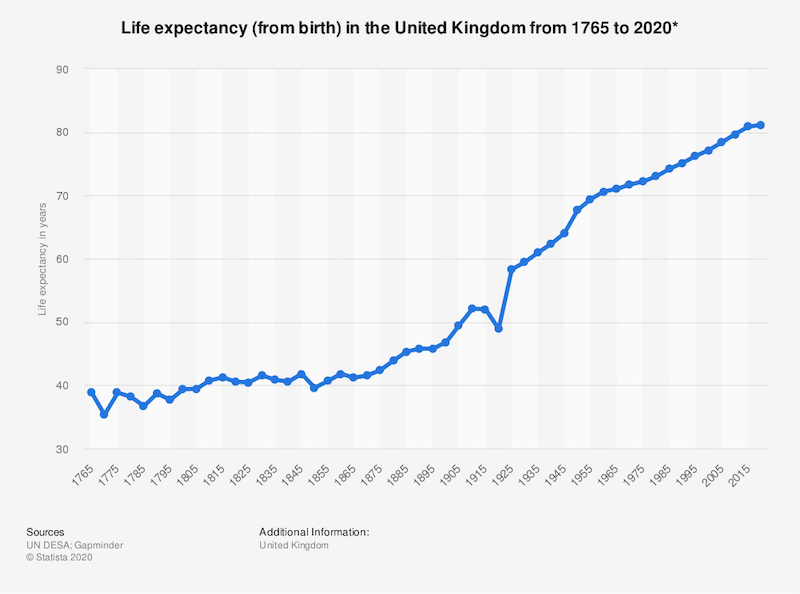
Exposure to Pesticides and Chemicals
Impact of Pesticides on Beekeepers’ Health
Beekeepers often face the risk of exposure to pesticides and chemicals, both during hive maintenance and in the surrounding environment. Pesticides are commonly used in conventional agriculture to control pests, but they can have adverse effects on bees and beekeepers alike. Prolonged exposure to these chemicals can lead to both short-term and long-term health issues.
Ways to Minimize Exposure
Minimizing exposure to pesticides and chemicals is crucial for the longevity and well-being of beekeepers. Choosing organic or pesticide-free beekeeping practices and locating hives in areas away from intensive agricultural operations can significantly reduce the risk of exposure to harmful substances. Additionally, regularly monitoring local pesticide use and consulting with local farmers can help beekeepers make informed decisions about hive placement and potential risks.
Protective Measures
To further protect themselves from exposure to pesticides and chemicals, beekeepers should wear appropriate protective clothing, including gloves, a beekeeping suit, and a veil. Using gloves made of thick material provides an additional barrier against potential chemical contact, while a well-fitted beekeeping suit and veil prevent bees from coming into direct contact with the skin.
Stress and Mental Health
Stress Factors in Beekeeping
Beekeeping, while rewarding, can also be a demanding and stressful endeavor. Beekeepers often face stressors such as hive management, weather-related challenges, and the potential loss of colonies. These stress factors, combined with the pressure of maintaining honey production and managing bee-related businesses, can take a toll on mental health and overall well-being.
Effects of Chronic Stress on Health
Chronic stress can have severe implications for beekeepers’ health and longevity. Prolonged exposure to stress hormones can lead to various physical and mental health issues, including high blood pressure, heart disease, depression, and anxiety disorders. Additionally, stress weakens the immune system, making individuals more susceptible to infections and illnesses.
Mental Health Support for Beekeepers
Beekeepers should prioritize their mental health and well-being by seeking support when needed. Engaging in stress-reducing activities such as meditation, yoga, or spending time in nature can significantly alleviate the negative effects of chronic stress. Additionally, actively maintaining an open line of communication with fellow beekeepers and joining support networks or beekeeping associations can provide invaluable emotional support and knowledge-sharing opportunities.
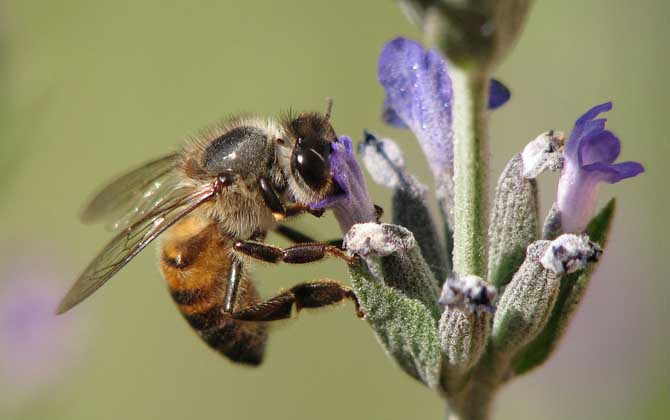
Physical Fitness and Activity
Importance of Physical Fitness
Maintaining physical fitness is essential for beekeepers who engage in labor-intensive activities such as hive inspections, honey extraction, and hive relocation. Regular physical activity not only strengthens muscles, improves cardiovascular health, and increases flexibility but also enhances overall endurance and energy levels. Staying physically fit allows beekeepers to effectively manage the demands of the job and promotes long-term health.
Recommended Exercises for Beekeepers
Incorporating exercises that focus on both strength and flexibility is key for beekeepers to maintain their physical fitness. Engaging in activities such as weightlifting, bodyweight exercises, and cardiovascular workouts helps build and maintain muscle strength, while also promoting heart health. Additionally, incorporating stretching and yoga into the fitness routine enhances flexibility and reduces the risk of injuries during physically demanding beekeeping tasks.
Avoiding Sedentary Lifestyle
Beekeeping often involves long hours of physical labor, but there are also periods when beekeepers may be more sedentary, such as during winter months or times of low activity. It’s important to avoid prolonged periods of inactivity, as a sedentary lifestyle can negatively impact overall health. Engaging in light physical activities such as walking, gardening, or even simple stretching exercises during these less active periods can keep beekeepers active and help prevent issues associated with a sedentary lifestyle.
Beekeeping Experience and Knowledge
Effects of Experience on Beekeeping Success
A beekeeper’s experience and level of knowledge in the field play a significant role in their long-term success and overall well-being. As they gain experience, beekeepers become more adept at recognizing and addressing common issues, such as disease prevention, swarm management, and honey production. This expertise allows them to optimize hive health and honey yields, minimizing potential setbacks that could impact their longevity as beekeepers.
Continued Learning and Training
Continuing education and staying up-to-date with the latest developments in beekeeping practices are essential for beekeepers looking to enhance their skills and ensure the longevity of their beekeeping venture. Participating in workshops, seminars, and online courses allows beekeepers to broaden their knowledge, learn about emerging beekeeping techniques, and stay informed about potential advancements that may positively impact their practices.
Adapting to New Challenges
Beekeepers must be adaptable in the face of new challenges that arise in the field of beekeeping. Environmental changes, disease outbreaks, and shifts in beekeeping regulations can all present obstacles that beekeepers must navigate. By leveraging their experience and actively seeking out new knowledge, beekeepers can adapt their practices and overcome these challenges, thus ensuring their longevity in the industry.
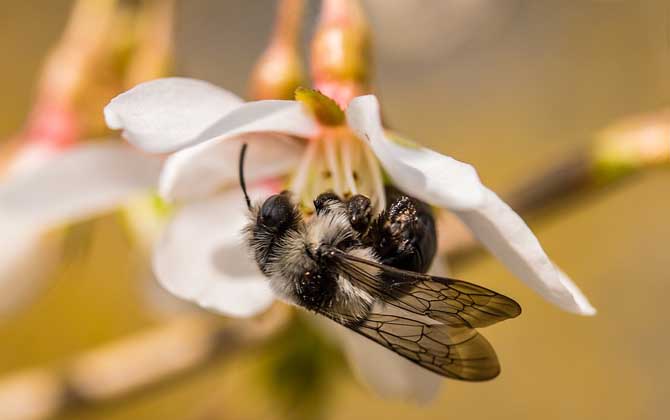
The Role of Genetics and Age
Genetic Factors in Longevity
Genetics can influence an individual’s potential for longevity, including beekeepers. Certain genetic factors and variations may predispose individuals to certain health conditions or impact their overall lifespan. While the role of genetics is complex, beekeepers, like everyone else, can still take proactive steps to maintain good health and maximize their lifespan.
Age-related Health Concerns
As with any profession, advancing age can bring about age-related health concerns for beekeepers. Conditions such as arthritis, decreased mobility, and age-related cognitive decline may affect a beekeeper’s ability to perform certain beekeeping tasks. However, by adapting routines, seeking support from others, and maintaining good health practices, beekeepers can continue to enjoy their passion for beekeeping well into their older years.
Lifespan Variations in Beekeepers
The lifespan of beekeepers can vary depending on various factors, including overall health, lifestyle choices, and genetic predispositions. While there is no definitive answer to how long beekeepers live, it is clear that maintaining a healthy lifestyle, being mindful of potential hazards, and continuously learning and adapting are essential for beekeepers looking to enjoy a fulfilling and long-lasting beekeeping journey.
Potential Hazards in Beekeeping
Insect Stings and Allergic Reactions
Beekeepers are exposed to the risk of insect stings and potential allergic reactions. While most individuals experience mild reactions to bee stings, some may be allergic and experience severe symptoms. It is crucial that beekeepers are aware of any allergies and have access to the necessary medical treatment, such as epinephrine autoinjectors, in case of an allergic reaction.
Accidents and Injuries
Beekeeping can involve physically demanding tasks that may pose a risk of accidents and injuries. Lifting heavy equipment, working at heights, and encountering aggressive bees are all potential hazards. By practicing proper safety techniques, using appropriate tools, and being cautious when handling equipment, beekeepers can minimize the risk of accidents and reduce the possibility of sustaining injuries.
Disease Transmission Risks
Beekeepers need to be mindful of the risk of disease transmission between their colonies and other hives in the area. Diseases such as American foulbrood or Varroa mites can spread rapidly and devastate bee populations if not properly managed. Regular monitoring, early detection, and prompt action in treating and managing diseases and pests are vital to protect the health of the beehives and the longevity of beekeepers’ beekeeping endeavors.
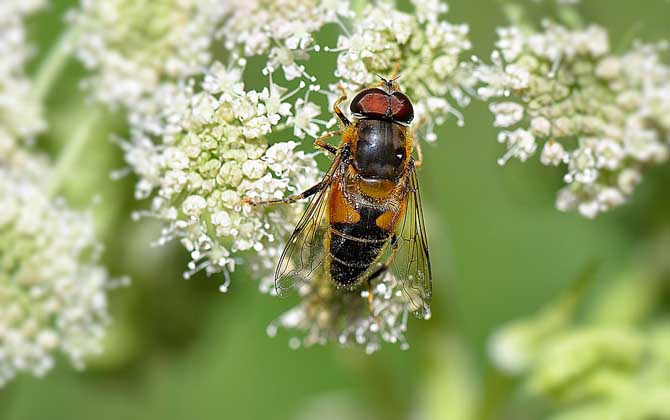
The Importance of Safety Measures
Protective Clothing and Gear
Proper safety measures, including the use of protective clothing and gear, are essential for beekeepers to minimize potential hazards and ensure their well-being. Wearing a beekeeping suit, gloves, and a sturdy veil offers protection against bee stings and potential exposure to harmful substances. It is crucial for beekeepers to inspect their safety equipment regularly, ensuring that it remains in good condition to provide adequate protection.
Effective Handling Techniques
Adopting and practicing effective bee handling techniques is crucial to minimize the risk of stings and to promote the safety of both beekeepers and the bees. Gentle and calm movements, as well as the application of smoke to calm the bees, help reduce stress and the likelihood of aggressive behavior. Regularly inspecting hives and maintaining a calm demeanor during inspections can minimize disruptions and potential safety issues.
Emergency Preparedness
Beekeepers should always be prepared for emergencies and have a plan in place to address potential accidents or hive health emergencies. This includes having a first aid kit readily available, knowledge on how to administer basic first aid, and access to emergency contact information. Additionally, being familiar with local emergency services and having a communication plan in place for notifying authorities during critical situations is vital.
Conclusion
Beekeeping can be a gratifying and fulfilling endeavor, but it is essential to consider the various factors that can affect a beekeeper’s lifespan. Diet and nutrition, exposure to pesticides and chemicals, stress and mental health, physical fitness and activity, beekeeping experience and knowledge, as well as genetic factors and age, all play a significant role in influencing the longevity and well-being of beekeepers. By prioritizing these areas and implementing the necessary precautions and safety measures, beekeepers can enjoy a lifelong journey in beekeeping while promoting their own health and the vitality of honeybee populations.
